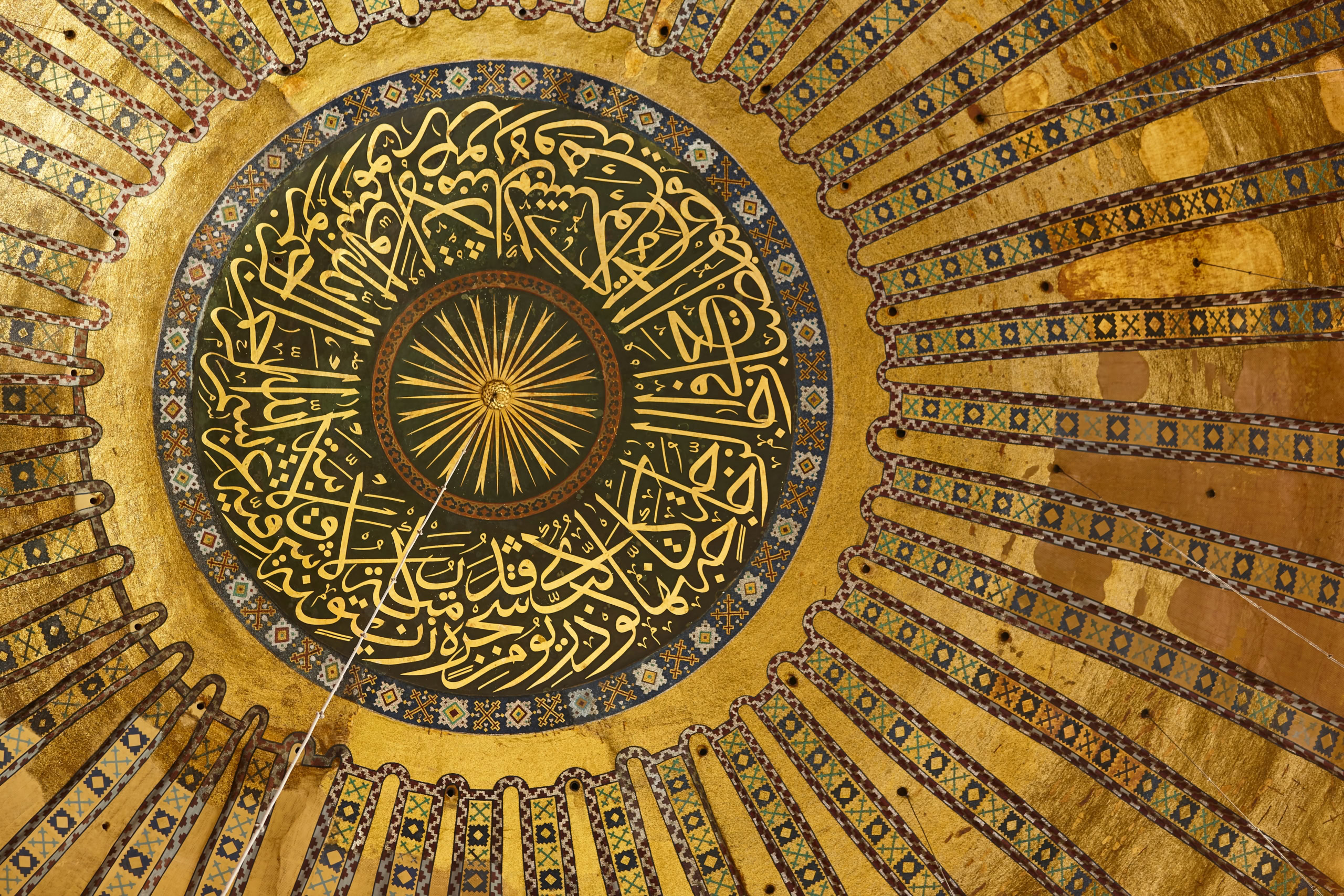Do the Prayers of Non-Muslims Get Answered?
Answered by Shaykh Abdul-Rahim Reasat
Question
People from other faiths claim to have prayers answered or receive signs, just like Muslims. Is this true, or are they lying? Does the Quran and Hadith speak about this?
Answer
They are not lying; Allah does, indeed, answer their prayers. He is supremely generous, and He gives to everyone. This is one of the reasons why Allah deserves worship: He gives to everyone in this world:
“And He has granted you all that you asked Him for. If you tried to count Allah’s blessings, you would never be able to number them. Indeed humankind is truly unfair, [totally] ungrateful.” (Quran, 14:33)
The original Arabic text of the above verse indicates that from all the types of things people ask Him, Allah grants them some of these things. This is the general way of His generosity.
They shouldn’t use this as a validation for their religion being correct – otherwise, all of the contradicting religions would be correct – because everyone’s prayers are answered to some degree. The prayers of the Believers are answered more, and their supplications benefit them in this life and the next, which is not the case with the disbelievers.
Rather, they should look at the soundproofs and guidance for the body, mind, and soul Islam brings. The truth is that Islam is the religion God wants to practice, not the subjective experience of individuals.
May Allah give us deep certitude in the truth of His revelation.
[Shaykh] Abdul-Rahim Reasat
Checked and Approved by Shaykh Faraz Rabbani
Shaykh Abdul-Rahim Reasat began studying Arabic Grammar and Morphology whilst studying for a degree in English and History. After graduating, He traveled to Damascus and studied Arabic, Hanafi Fiqh, Usul al-Fiqh, Theology, and Logic with Shaykh Adnan Darwish, Shaykh ‘Abd al-Rahman Arjan al-Binsawi, Shaykh Husayn Darwish, Shaykh Muhammad Darwish, the late Shaykh Rashad Shams, and others. He then moved to Amman to continue his studies in those fields, as well as in Tafsir, Quranic Sciences, Hadith Methodology and Commentary, Prophetic Biography, Prophetic Perfections and Traits, Rhetoric, Arabic Literature, and Tajwid. His teachers include Shaykh Ali Hani, Dr. Hamza al-Bakri, Dr Salah Abu al-Hajj, Dr Mansur Abu Zina, Shaykh Ahmad Hasanat, Shaykh Ahmad Jammal, and others.
